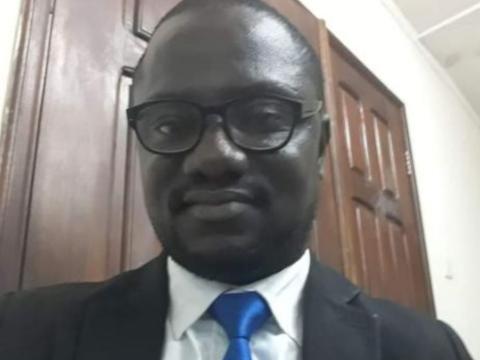By Chernor Alimamy Kamara
A State of the Media Report for 2022 published by the Media Reform Coordinating Group (MRCG) has highlighted the challenges journalists faced such as ownership and pluralism and the Public Perception and Trust in the Media.
The Report first indicated that Journalists in Sierra Leone face intimidation, threats, and physical violence as they carry out their work which it said poses a significant challenge to media freedom and the safety of journalists. It expressed that some journalists have been attacked or harassed for investigating and reporting on sensitive issues, including corruption, human rights abuses, and political misconduct.
“These acts of violence create a climate of fear and self-censorship among journalists, impeding their ability to report freely,” part of the report states.
It further stated that government interference and censorship remain challenging to media freedom in Sierra Leone, saying there have been instances where media outlets have faced pressure and threats from government authorities due to their critical reporting. It noted that the government has used various tactics, including legal intimidation, advertising revenue manipulation, and regulatory actions, to suppress dissenting voices and control the media narrative.
The Report highlighted the government's control over state-owned media outlets, such as the Sierra Leone Broadcasting Corporation (SLBC) to have raised concerns about biased reporting and limited access to diverse government, civil society, and international organizations to address and mitigate. It calls for the promotion of a free and independent press, ensuring the safety of journalists, strengthening legal protections, and fostering a culture of transparency and accountability as crucial for the advancement of media freedom in Sierra Leone.
It went on to highlight that one of the major challenges to media ownership and pluralism is the concentration of media ownership in the hands of a few powerful individuals or entities. It pointed to research that shows a growing concentration of ownership in many aspects of the media or communications industry, including print, online, advertising, and telecommunications.
It quoted academics across the globe where media concentration has become an issue that can lead to a lack of diverse voices and perspectives in the media landscape, limiting the representation of different societal groups and viewpoints.
“Studies have shown that concentrated media ownership can result in biased reporting, self-censorship, and limited coverage of critical issues. In Sierra Leone, media ownership concentration has been observed, with a few influential individuals or entities controlling significant media outlets,” part of the report says.
The Report further indicated that Public perception and trust in the media are crucial for a functioning democracy. It expected free and independent media to be a reliable source of information, providing accurate and unbiased reporting.
It however stated that trust in the media has been declining in recent years, with the spread of disinformation, misinformation, and "fake news.”
The central philosophy of the Media Reform Coordinating Group is to strengthen quality journalism, promote media initiatives, coordinate media development, and monitor the subtleties among the media, state and non-state actors.
The Group started the publication of the Report in Sierra Leone in 2014. The initiative, which is a major activity of the MRCG, in the last five years, seeks to engage and critically interrogate specific media subjects and pliant variables. It also contributes to the teaching, practicing, and researching of media activities and texts from global and national perspectives, while at the same time, sharing international best practices.
Copyright © 2023 Politico (01/12/23)








